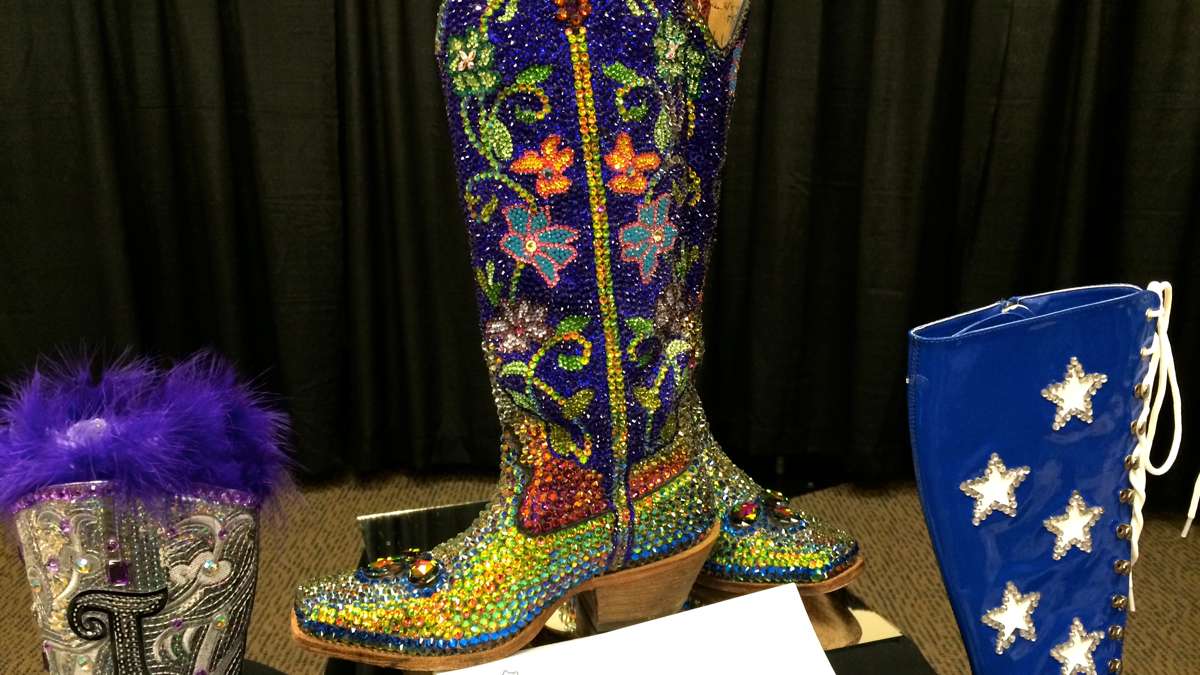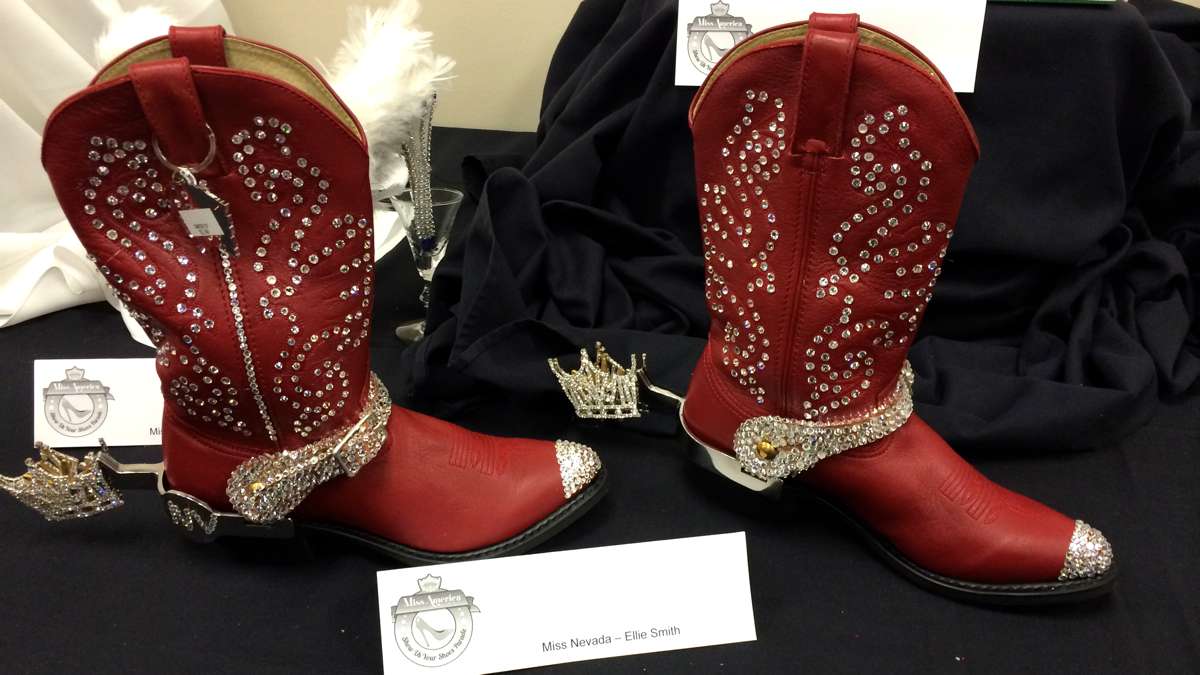Jefferson-Penn study finds African-Americans have more aggressive prostate cancer
After decades of over-treating prostate cancer, current guidelines advise watchful waiting before surgery or radiation. Now, research from Thomas Jefferson University hints that that might not be the best course for everyone.
“The problem is that these recommendations were really based on data that is predominately Caucasian, or mainly from a non-African-American cohort. So whether we can truly apply this data for African-American patients is not clear,” said Kosj Yamoah, the chief resident at Thomas Jefferson University Hospital, and lead author of the latest study.
Clinicians have known for a while that African-American men tend to get prostate cancer more often and are more likely to die from it. Experts typically attribute that disparity to socioeconomic factors and lack of access to health care, since African-Americans are also more likely to get treatment later.
But when Yamoah and colleagues from the University of Pennsylvania reviewed the medical records of more than a thousand prostate cancer patients, they found that those of African descent with the earliest form of cancer fared worse than their Caucasian counterparts — despite all patients receiving treatment from the same hospital.
While the study is unable to pinpoint why, Yamoah suspects there might also be a fundamental difference driving more aggressive cancer in African-Americans.
“It might be even different biology in terms of the genetic profile of some of these mutations that cause the cancer,” he said.
The findings, which were published in the journal Urologic Oncology, also suggest that African-Americans in particular might benefit more frequently from more radical treatment.
Before altering the recommendations, however, Yamoah said a clinical trial is needed — and that will require more volunteers from the African-American community.
Yamoah, who is himself African-American, is currently working on developing a molecular test that would be able to identify African-American men at the highest risk, which could inform their treatment plans.
WHYY is your source for fact-based, in-depth journalism and information. As a nonprofit organization, we rely on financial support from readers like you. Please give today.

















